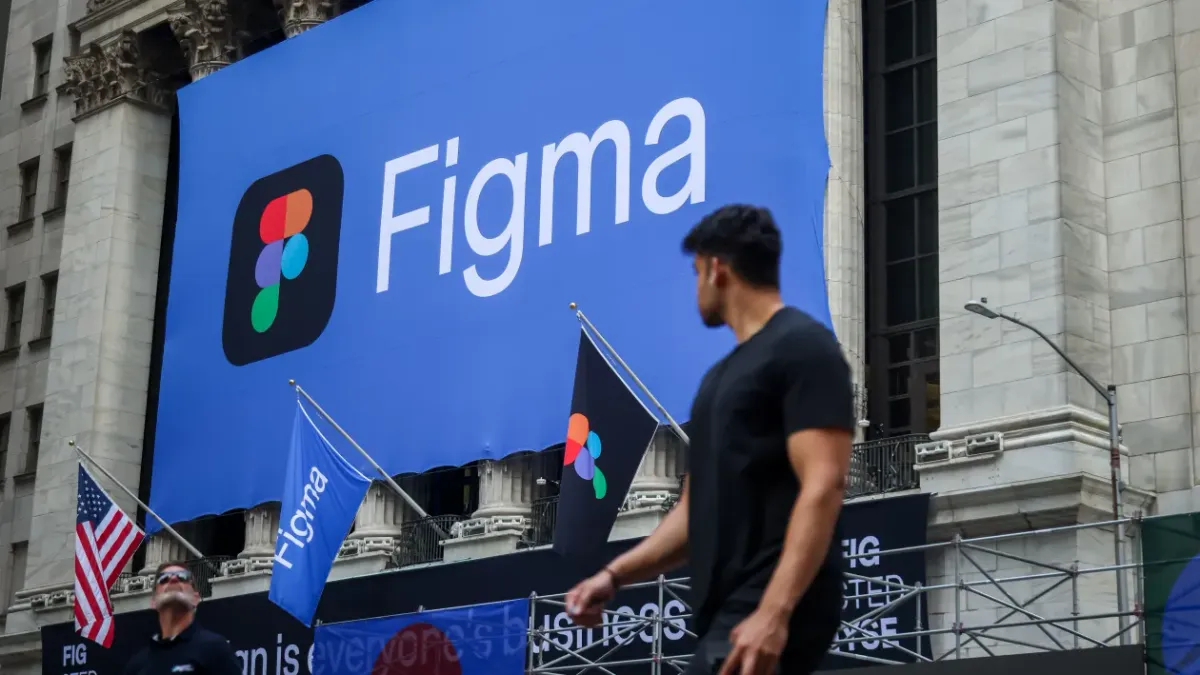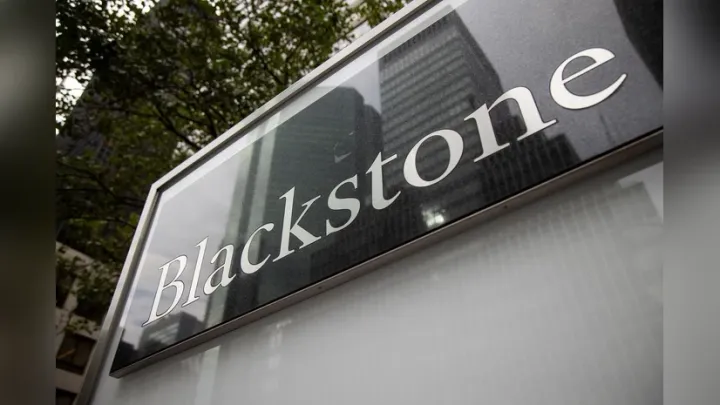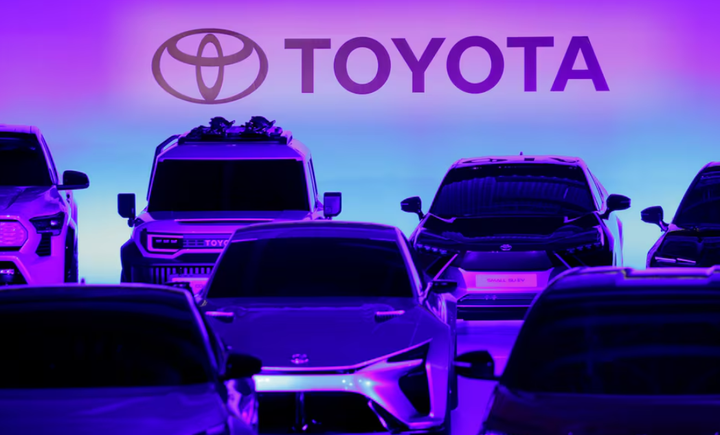Figma's Blockbuster IPO Puts Best VCs on $24 Billion Goldmine—Silicon Valley's IPO Drought Finally Ends

Figma's successful listing on the New York Stock Exchange has shaken Silicon Valley out of its slumber. After years of lacklustre exits and lacklustre listings, the IPO of the design software firm has brought a much-awaited bonanza to the venture capital titans—Index Ventures, Greylock, Kleiner Perkins, and Sequoia—who are now sitting on an estimated $24 billion in Figma shares.
The company, which pioneered collaborative design software, was initially set to be acquired by Adobe for $20 billion. But when the deal was halted by UK regulators in 2023 due to antitrust issues, it was assumed that the best exit for the company was gone. But Figma turned the page—and it paid dividends.
Figma traded on July 31, 2025, at $33 per share only to jump 250% by the close of the day to trade with a market value of close to $68 billion. The IPO was worth $1.2 billion, and two-thirds of the proceeds were allocated to early investors, while the rest of the shares were locked up for 180 days.
The result? Index Ventures $7.2 billion stake now leads the pack, followed closely by Greylock ($6.7 billion), Kleiner Perkins ($6 billion), and Sequoia ($3.8 billion). Such paper gains are, for now, but a much-needed return to form for Silicon Valley's venture scene, which has been thirsting for exits since late 2021.
The Resurgence of IPO in Silicon Valley
Since the record-breaking IPO year of 2021, when 155 VC-backed IPOs in the U.S. raised more than $60 billion, later years have been dismal. In 2022 and 2023 alone, a total of only 31 such IPOs raised a paltry $13.3 billion, burdened by inflation, increasing interest rates, and geopolitical tensions.
But Figma's achievement and Circle's June IPO (whose shares quintupled more than once, netting a $12 billion profit for companies such as IDG Capital and Accel) indicate the tide is shifting. CoreWeave, the AI infrastructure company, also created a splash earlier this year, with its IPO flying high before landing at a still-sturdy valuation of approximately $56 billion.
NYSE President Lynn Martin is confident this is only the start, with Figma's product "opening the floodgates" for other technology companies in line.
The Numbers Behind the People's Stories
The path of Figma from humble beginnings to IPO sensation is rooted in CEO and co-founder Dylan Field, who left college in 2012 to start the business. Today, Field has a personal fortune of over $6 billion.
Figma's success has also thrown a light on the foresight and patience of its early backers. From Greylock's $14 million Series A in 2015 to Sequoia's $40 million Series C in 2020, every company bet on product affection over trends in the market.
Kleiner Perkins' Mamoon Hamid remembered in a blog post, "The product was still early, but the love from its small community of users was unmistakable." Index Ventures' Danny Rimer also lauded Field's leadership with the collapse of the Adobe deal, penning, "He didn't flinch. He turned the page and got right back to building."
Figma IPO: 5 Key FAQs
Why is Figma's IPO such a big deal for venture capital firms?
Following a year-long drought in tech IPOs, Figma's explosive IPO delivers multi-billion dollar paper gains to long-hungry VCs. It is a sign of optimism for late-stage tech businesses and may re-stimulate IPO momentum.
What became of Adobe's acquisition of Figma?
Adobe was going to acquire Figma in 2022 for $20 billion, but in 2023, the UK regulators cancelled the deal due to anti-competition issues. This made Figma remain independent—eventually resulting in a more lucrative IPO.
Who are the largest financial beneficiaries of this IPO?
The largest VC holders are Index Ventures ($7.2B stake), Greylock ($6.7B), Kleiner Perkins ($6B), and Sequoia ($3.8B). CEO Dylan Field also has more than $6 billion in direct holdings of stock.
Why are some experts denouncing the IPO's 250% pop on its first day?
Critics such as Benchmark partner Bill Gurley contend these pops demonstrate the IPO was undersold—shortchanging the company while reaping huge profits for bankers' special clients who invested early at $33.
What does this signal about future tech IPOs?
With Figma, Circle, and CoreWeave all reporting robust post-IPO valuations, investor sentiment is changing. The consensus is that this is a return of venture-backed exits and may pave the way for much-delayed listings from other unicorns.
Figma’s IPO isn’t just a single company’s victory—it’s a symbol of Silicon Valley’s resurgence. For investors, founders, and startup teams everywhere, it’s a reminder that big dreams, when backed with patience and product love, can still lead to monumental outcomes.



